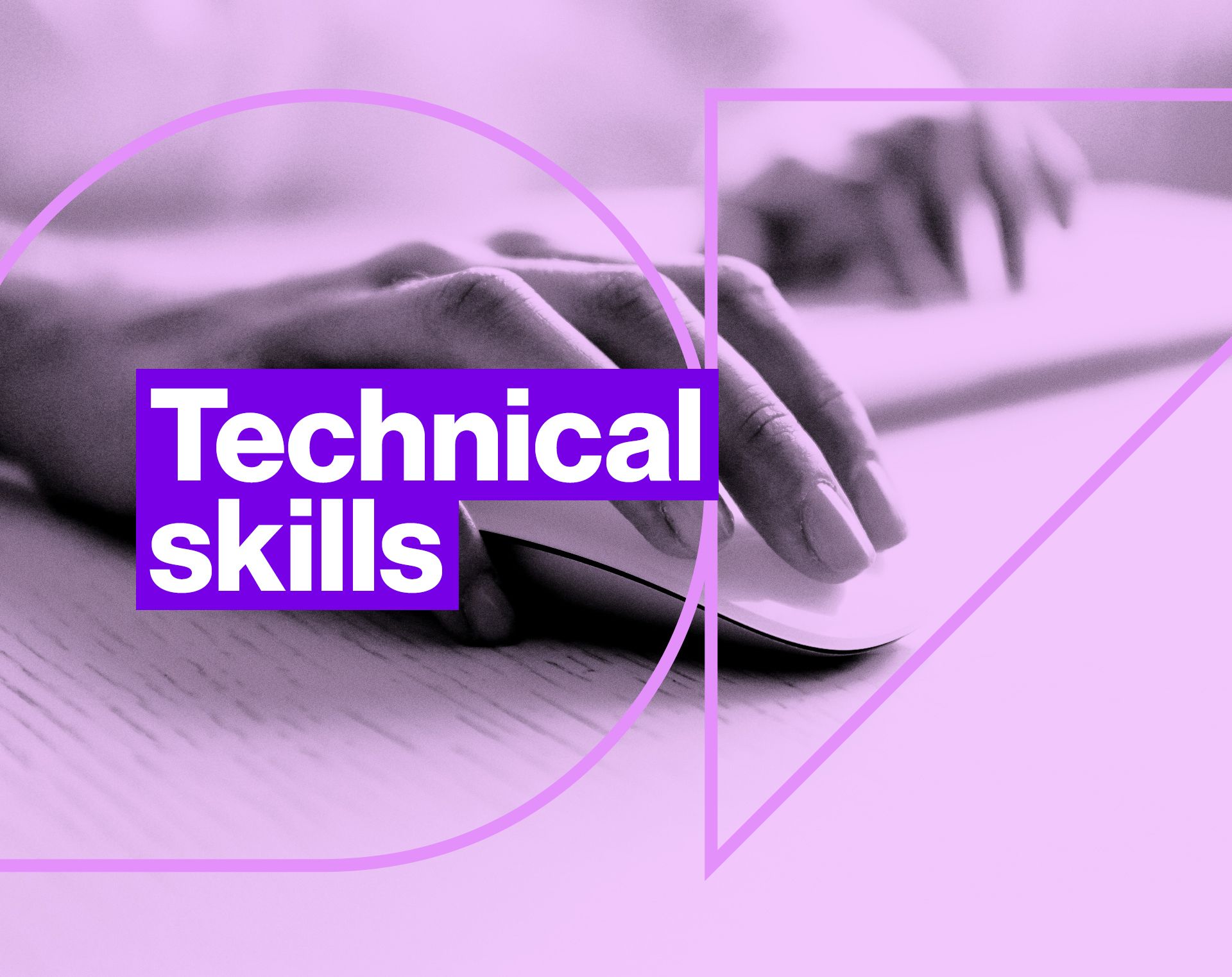The workplace is transforming at breakneck speed. According to the World Economic Forum's Future of Jobs 2025 report, 39% of workers' core skills will change by 2030. Meanwhile, 63% of employers already identify skill gaps as a major barrier to business transformation.
For Learning & Development leaders, this presents both a challenge and an opportunity. The question isn't whether your organisation needs to upskill—it's how to do it strategically and effectively.
Understanding technical skills in today's context
Before diving into solutions, let's clarify what we're discussing. Technical skills are the measurable, job-specific capabilities that enable your workforce to perform concrete tasks—from SQL querying and operating medical equipment to configuring network firewalls.
This differs from soft skills (increasingly called "power skills"), which encompass transferable behaviours like communication, leadership, and critical thinking. While both are essential, technical skills require more targeted, hands-on development approaches.
Why this distinction matters: Misdiagnosing whether you need technical or soft skill development can lead to wasted resources and ineffective training programmes.
The business case for technical upskilling
The stakes for getting this right have never been higher. Digital transformation, AI adoption, and evolving regulatory requirements mean every sector now depends on current technical expertise.
Consider these impacts:
- Organisations with inadequate technical skills lose approximately 9% of annual revenue (Deloitte, 2024)
- Well-designed reskilling programmes deliver 2x ROI within 12 months (LinkedIn Learning, 2024)
Real-world scenario: A single engineer's knowledge gap in Infrastructure as Code can delay a £2M cloud migration project by weeks. Strategic upskilling doesn't just improve individual capabilities—it de-risks major initiatives and protects revenue.
15 high-impact technical skills for 2025
Here are the technical skills seeing the highest demand across industries, along with the roles that need them most:
Data and analytics
- Data Analysis & Visualisation: Essential as AI requires clean, interpretable data
- Key roles: Business Analyst, HR Analyst
- Python & R Programming: Core for automation, machine learning, and analytics
- Key roles: Data Scientist, Business Analyst
Cloud and infrastructure
- Cloud Infrastructure (AWS, Azure): Powers scalable, secure environments
- Key roles: DevOps Engineer, Cloud Architect
- Infrastructure as Code (Terraform, Ansible): Accelerates deployment while reducing manual errors
- Key roles: Platform Engineer, DevOps Engineer
Security and compliance
- Cybersecurity Operations: Critical for compliance and threat protection
- Key roles: Security Analyst, Network Engineer
- Regulatory Compliance (GxP, ISO): Required across pharma, finance, and manufacturing
- Key roles: Compliance Officer, Quality Manager
Business systems
- CRM Administration: Supports customer lifecycle management
- Key roles: CRM Manager, Revenue Operations Lead
- SQL & Database Management: Enables structured reporting and analysis
- Key roles: Database Administrator, Marketing Operations
Development and design
- UX/UI Prototyping Tools (Figma, Adobe XD): Enhances digital product usability
- Key roles: Product Designer, UX Researcher
- API Integration: Enables systems to communicate and scale effectively
- Key roles: Backend Developer, Integration Specialist
Emerging technologies
- Testing & QA Automation: Reduces bugs and accelerates release cycles
- Key roles: QA Engineer, DevOps Engineer
- 3D Design & Modelling: Relevant for engineering and immersive technologies
- Key roles: Mechanical Designer, AR/VR Developer
- Robotic Process Automation (RPA): Boosts back-office efficiency
- Key roles: Automation Engineer, Operations Manager
- Low-Code/No-Code Tools: Democratises development for business users
- Key roles: Operations Manager, Product Owner
- Generative AI Tools: Support creative workflows and content creation
- Key roles: Content Marketer, Product Manager



